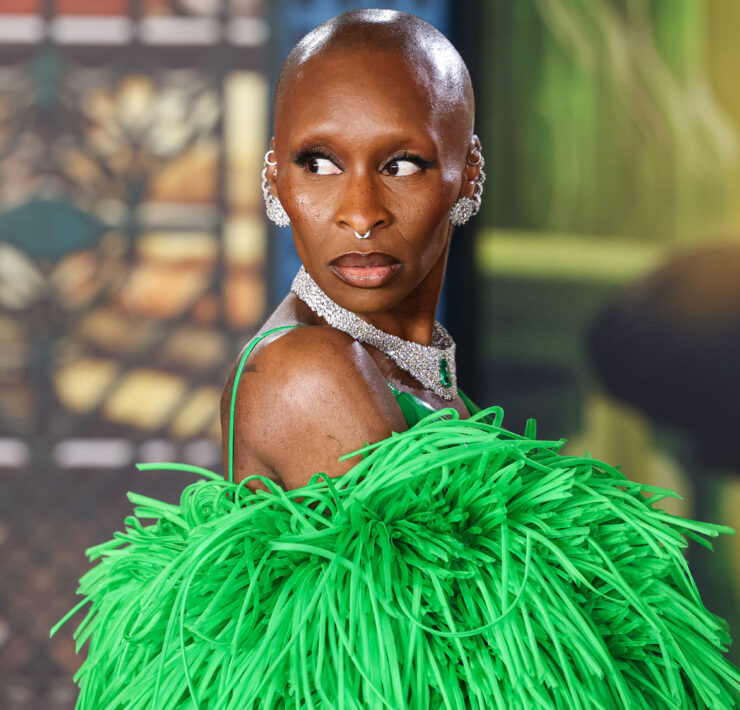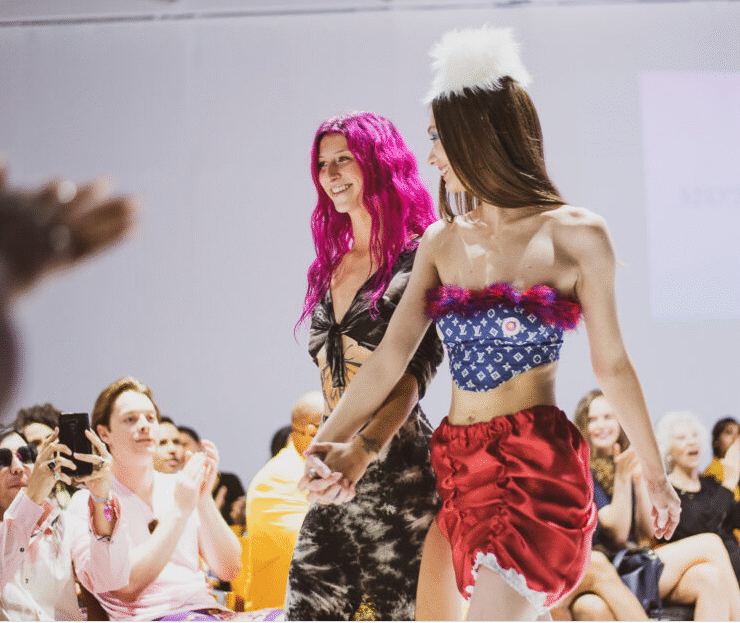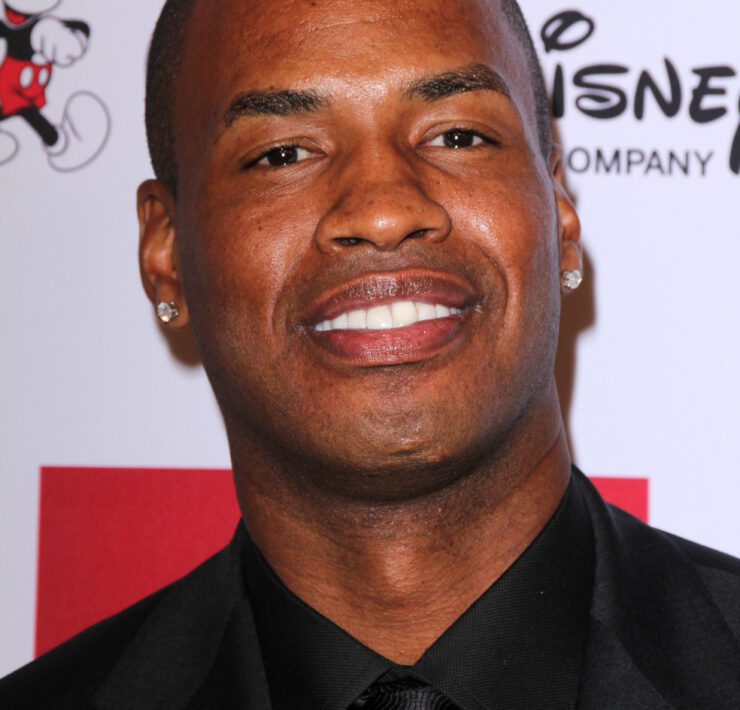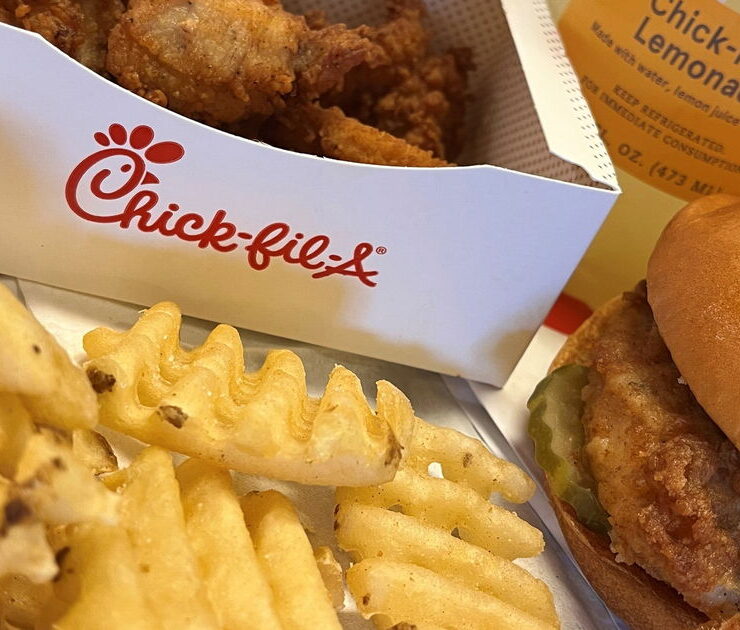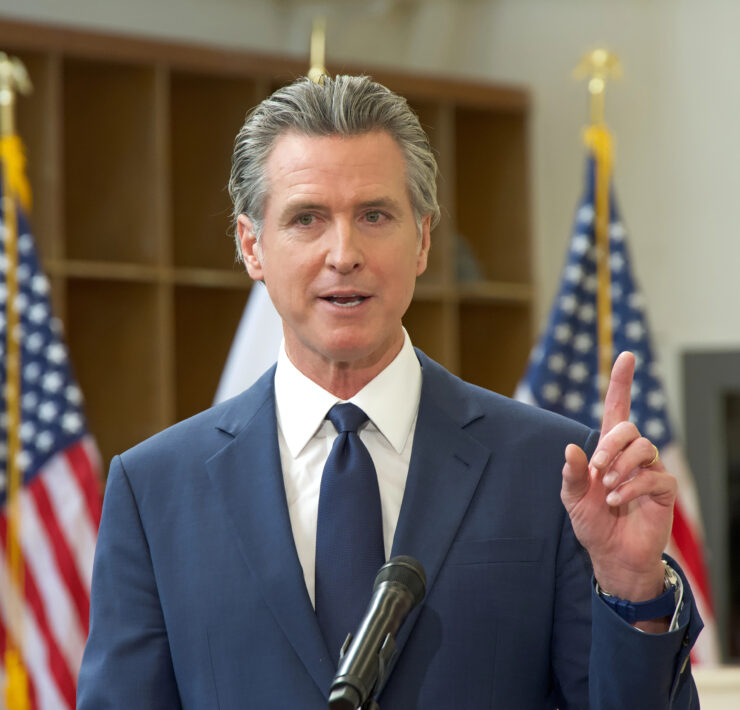The Rideshare Chronicles: LGBTQ Parental Rejection

An LGBT bilingual writer, Eleni was born and raised in…
“It was strange, she thought, how you could live all your life in a home defined by people who loved you and took care of you and shared ancestors with you and yet did not entirely see you, people whom you protected by hiding yourself.”
This passage from Carolina de Robertis’ Cantoras comes to mind as I reflect on my ride with passenger Erin.* Both she and her twin brother Brian* are queer. Both also come from a family who took a while to accept this part of their identity.
She and her brother have always been close, Erin says. Growing up, they both related to each other in feeling like they didn’t live up to their parents’ or culture’s standards. When the siblings came out to each other five years ago, it gave them an additional difference to bond over.
“For the longest time, they didn’t know about it,” she shares, unwrapping a Tootsie roll from its crinkly wrapper and popping it into her mouth. “Neither of us felt like we could tell them.”
Erin describes how the two of them used to “cover” for each other when they wanted their significant others to stay over on special occasions.
“Brian would introduce my girlfriend as his. I would introduce his boyfriend as mine. Then, at dinner, my partner and I would secretly hold hands under the table, in true rom-com fashion,” she recounts.
Though not the ideal situation, the experience strengthened the siblings’ already close bond. Sharing in it also lessened the emotional burden of keeping such a core part of themselves a secret.
The apprehension Erin and her brother shared was understandable and familiar to me. Though I’ve been extremely lucky to have parents who responded with complete acceptance when I came out to them at the age of 18, over the years, many queer friends (and women I dated) have shared their own less-than-idyllic “coming out to family” stories.
One’s mother cried inconsolably while his grandma accused him of being possessed by demons. Another’s, while out to lunch, tried to set her up with their male waiter right after she’d come out to her mom as gay for the third time. Still another friend’s parents simply refused to ever speak about it with him.
Beyond these more overt examples, parental rejection can also take place (and often does) in subtler ways.
As lesbian author Sarah Schulman writes in her book The Ties That Bind, “Many gay people will say that their families are ‘fine.’ But when you ask for details, this means, basically, that the gay person has not been completely excluded from family events. Or that their partner, if they have one, is allowed in the house. Very few experience their personhood, lives, and feelings to be actively understood as equal to the heterosexual family members.”
This book was written in 2009, so I when I read it a couple years ago my hope was that fewer parents are this way now. Based on what I’ve heard from LGBTQ friends, though, it seems like this attitude is still surprisingly prevalent—even in a place like the Bay Area where one would think it wouldn’t be.
I’ve tried hard to understand the mindset of unsupportive parents. I’ve wondered whether their own unresolved issues are at the heart of their difficulty. Schulman believes this was the case for her mother—that her unacknowledged and untreated traumas led her to “fear difference, fear the disapproval of the dominant culture, which kept her from being able to love her lesbian daughter.”
Or maybe they had a specific idea of what their kid’s life would look like. Their child’s coming out to them shatters that image, and the resulting dissonance is too much for them to handle. Maybe they insist on putting the broken pieces back together, despite the obvious pain this attempt at re-assemblage is likely causing their child.
~~
After “keeping up false appearances” (in her words) for a few years, Erin no longer felt comfortable doing this.
“Hiding it had felt like the best option, until one day, it didn’t. I was ready to take the leap. Whatever negative reaction I might face, at that point, seemed better than the secrecy.”
So Erin finally told her parents—And as she’d expected, they didn’t react positively. While they didn’t do anything drastic like cut her off financially or kick her out of the house, they did withhold affection—giving her a colder shoulder while treating her brother (who still had not come out to them) more warmly.
In time, following his sister’s lead, Brian too worked up the courage to tell them. Where before he’d kept quiet when they made passive-aggressive remarks about Erin’s sexual orientation, now he spoke up for her.
“And one day, he just finally said, ‘I’m gay too, guys.’ They hung up the phone on him. He called me crying. And for maybe about a year after that, they were more distant towards both of us.”
For many months, when having dinner together during visits home, the four of them shoveled down their food in silence. Erin’s parents would look down at their plates, or across the table at each other, or over onto the Andy Warhol paintings on the walls (their mom had an affinity for his work). They seemed to look at anything and everything except for their children.
The cold treatment gradually subsided—replaced by, if not altogether warmer, then at least more neutral treatment. Erin can’t remember when she first noticed it. She thinks it started with the little moments, like when her mom “set the plate down gently, the way she used to, and actually looked at (her),” instead of letting it clatter to the table and walking away right after.
Or when her dad’s smile reappeared (“his real smile, not the tight-lipped cordial one he’d grant me every now and then, but the kind that made his eyes crinkle”).
Gradually they reached a place where her parents were greeting the siblings with hugs once again, asking them questions about their day, their jobs, and their friends.
It can take an uncomfortably long amount of time for friends and family to adjust. Erin found that enduring that discomfort though was the price she had to pay if she wanted a chance for a deeper, more authentic (if more complicated, at least at first) relationship with them.
I think of other examples of parents who took a bit of time to come around, but who eventually did. After initial ambivalence, basketball player Layshia Clarendon’s dad grew gradually more accepting of their orientation (they are nonbinary), and the two are now very close. Another is a family member of mine whose parents did not fully embrace his coming out at first, but learned to with time.
Still, I also understand that this is wishful thinking, and that there’s just as much of a possibility that some parents will never reach that place. This makes chosen (queer) family all the more important and nourishing.
“My parents may never come to a gay Pride march with us,” Erin acknowledges toward the end of our ride. “But at least they know who we are now. And that feels a lot better than hiding.”
I hope that every day, her parents are growing more comfortable with Erin and her brother’s authentic selves. And I hope the same for parents of LGBTQ individuals across the world—wherever they are in their journey or process of acceptance.
*Names changed to protect confidentiality.
What's Your Reaction?
An LGBT bilingual writer, Eleni was born and raised in the Bay Area. Her work has been published in Tiny Buddha, The Mighty, Thought Catalog, Elephant Journal, The Fix, The Mindful Word, and Uncomfortable Revolution among others. You can follow her on IG @eleni_steph_writer and read stories from her time as a rideshare driver at lyfttales.com



